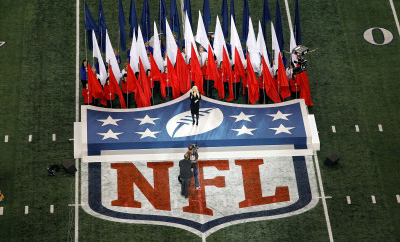The 2024 Super Bowl halftime show, headlined by Alicia Keys, became the center of attention across social media platforms due to an unexpected moment during her performance of “If I Ain’t Got You.” As Keys began singing, a noticeable crack in her voice caught viewers’ attention and sparked discussions online. However, in the version of the performance posted on the NFL’s official YouTube channel, the incident seemed to disappear, raising questions about the authenticity of live events in the digital age.
The uploaded video on YouTube showed a seamless transition as Keys continued her song without any indication of the earlier vocal mishap. This edited version left some observers contemplating the role of modern editing technology in shaping public perceptions of live events.
The halftime show, sponsored by Apple, further complicated the situation regarding who was responsible for the alteration. Music professor Robert Komaniecki was among the first to notice the difference between the live performance and its edited version. Expressing disappointment in the alteration, Komaniecki stressed the importance of vulnerability and authenticity in live singing, questioning whether Keys or her team had been consulted about the edit.
However, not all reactions were critical. Swizz Beatz, Keys’s husband, defended her performance on Instagram, shifting the focus to the overall spectacle of the show and praising Keys and fellow performer Usher for their memorable contributions.
Despite attempts to minimize the significance of the edit, some, like The Verge, highlighted broader implications regarding the manipulation of live events. The ease of technology allowing for alterations raises concerns about distorting historical records and blurring reality in the digital age.
While the edit may appear trivial, it raises larger questions about the authenticity of live performances and the influence of technology on public perception. As discussions continue, it remains to be seen whether this incident will prompt broader conversations about the role of editing in shaping our understanding of live events, emphasizing the importance of transparency and authenticity in an era of digital manipulation.
